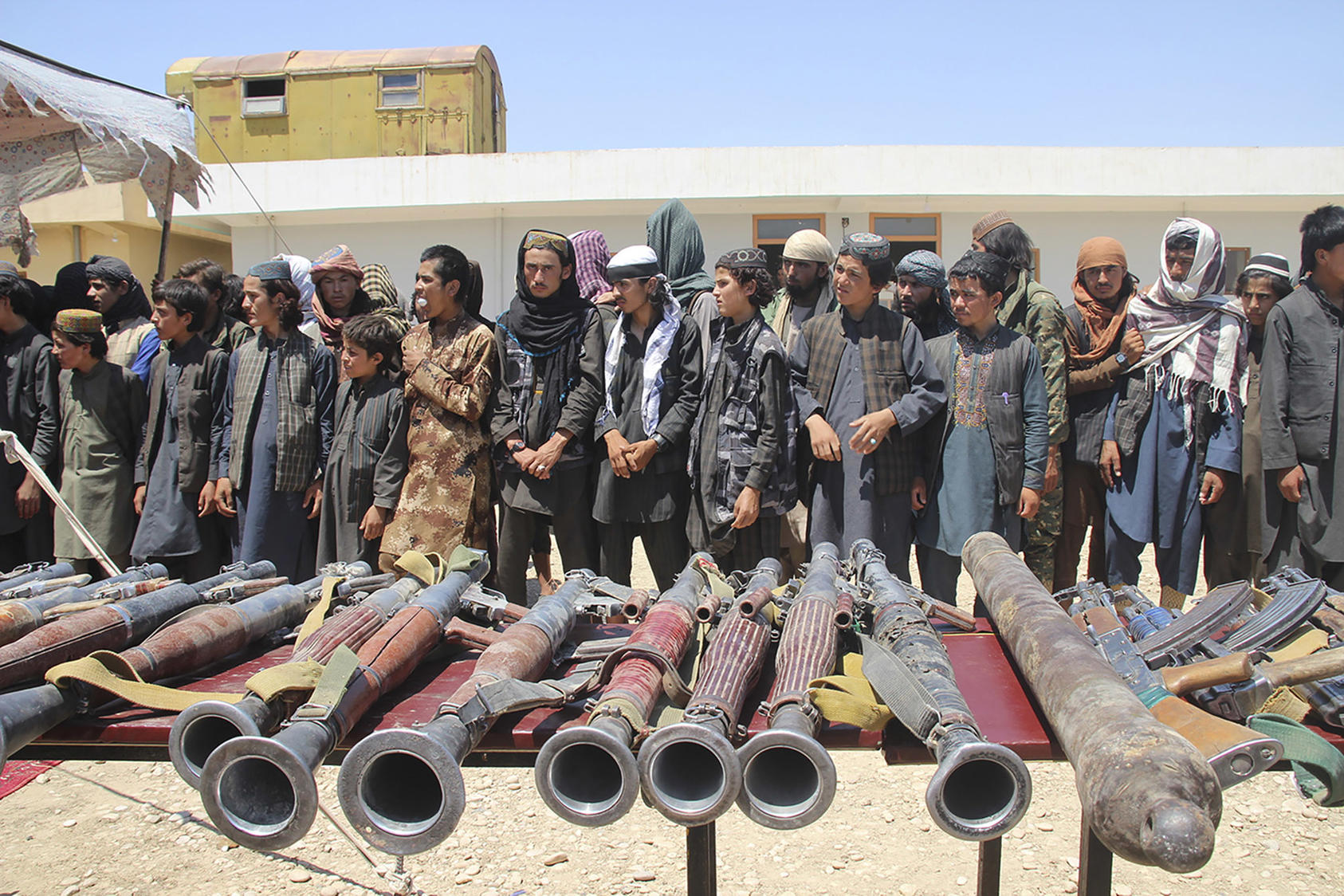Bourgeois Jihad: Why Young, Middle-Class Afghans Join the Islamic State
Ever since the Islamic State in Khorasan Province emerged in Afghanistan in 2015, policymakers and security forces have regarded it as an “imported” group that can be defeated militarily. This approach, however, fails to take into account the long-standing and complex historical and sociological factors that make the group’s ideology appealing to young, urban Afghan men and women. Based on interviews with current and former members of ISKP, this report documents the push and pull factors prompting a steady stream of young Afghans to join and support ISKP.

Summary
The Islamic State in Khorasan Province (ISKP) has carried out some of the deadliest attacks in Kabul in recent years. The group recruits members of its Kabul cell predominantly from the city’s own young population; it is not, as is commonly assumed, made up chiefly of foreigners who have infiltrated into Afghanistan. Unlike the country’s principal insurgent group, the Taliban—which typically recruits young men who are from rural communities, unemployed, educated in madrassas, and ethnically Pashtun—ISKP cells in urban centers tend to recruit men and women from middle-class families, many of whom are non-Pashtun university students.
These recruits are drawn to ISKP for a variety of reasons, chief among which is frustration with the status quo, the “purity” of ISKP’s ideology, and its determination to put its uncompromising version of Islam into practice. Other factors pulling recruits to ISKP are its internal egalitarianism, the prospect of marriage to other Salafi-jihadists, and the possibility of living in “the land of the caliphate.” At an even more fundamental level, however, the roots of the Salafi-jihadist surge lie in the breakdown of traditional society, a process that began in the 1970s in rural Afghanistan and has intensified as sweeping urbanization has created a generation of rootless urban settlers.
Tackling the challenge of radicalization into Salafi-jihadism requires long-term strategies and more innovative methods than kill-and-capture operations. The promotion of Afghan-led grassroots dialogue among youth would give those on the path to radicalization the opportunity to hear alternative views. The fostering of greater political pluralism in Kabul (and nationwide) would enable religious conservatives to play a role in government instead of being repressed, excluded, or bribed by it.
About the Report
This study is based on firsthand research into the rise of Salafi-jihadism in urban areas of Afghanistan, a phenomenon that has supplied the Kabul cells of the Islamic State Khorasan Province (ISKP) with abundant recruits. Supported by the Asia Center at USIP, the report draws on in-depth interviews with young people who make up the group’s ranks, as well as with others who have knowledge of ISKP’s urban recruits and recruiters.
About the Author
Borhan Osman is an independent analyst and a leading expert on Islamic extremism and the militant networks operating in the Afghanistan-Pakistan region. He has researched the Afghan conflict since the fall of the Taliban in 2001 and has written extensively about the Afghan insurgency, radicalization of youth, and peace efforts in Afghanistan. He was formerly the Afghanistan senior analyst for the International Crisis Group and has worked as a researcher with the Afghanistan Analysts Network.



